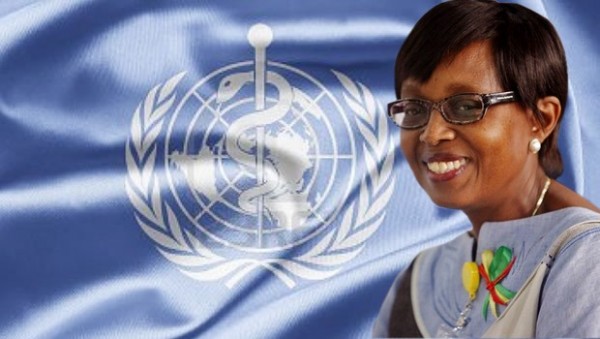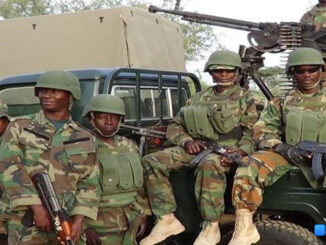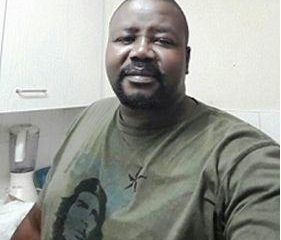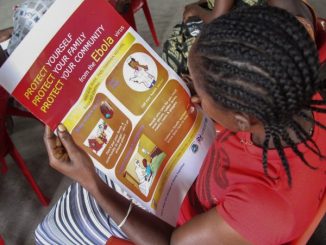
24 February 2015, Freetown – Today, the World Health Organization’s Regional Director for Africa, Dr Matshidiso Moeti, wraps up her visit to Sierra Leone, her first to an Ebola affected country.
The 3-day visit, which started on Saturday 21st February 2015, was aimed at gaining a better understanding of the ongoing situation, what progress has been made so far and which areas WHO could further support the country to get to zero Ebola cases.
“Since I took office earlier this month, bringing the Ebola outbreak to an end is one of my top priorities,” Dr Moeti says. “The epidemic has a devastating impact on the health care system of the affected countries. WHO and partners are working around the clock with all available resources to get to zero cases,” she continued.
The Regional Director visited the Maforki Ebola Treatment Centre in Port Loko where she had the opportunity to interact with numerous partners, including the District Health Management Team, the District Emergency Response Center, Partners In Health, the Cuban Medical Brigade. “Getting to zero means that we all have to work together as a team, as each partner brings their set of skills and expertise in the field. I was encouraged to see that strong collaboration,” she added.
“I was very much touched by the story of Sherrie, an Ebola survivor and founder of ‘The Rescue Team’ in Port Loko district,” she says. The “Rescue Team” – a network of almost 100 Ebola survivors in the area, is actively involved in public education and awareness to tackle stigma and discrimination of Ebola survivors.
Speaking to reporters at the end of her visit, Dr Moeti commended the extra-ordinary efforts by the government and people of Sierra Leone and the coalition of international partners, which has contributed immensely to the reduction of confirmed cases.
Looking ahead, the Regional Director underscored the importance of deepening community dialogue, strengthen cross-border collaboration and implement a number of cross-cutting and regional actions to ensure Africa as a continent is better prepared in the event of future outbreaks.



